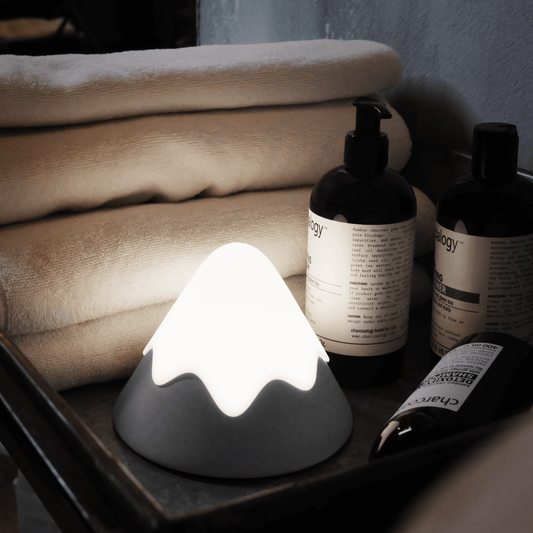We know that getting enough sleep is essential for good health and well-being. But how much sleep do you need? It’s a question that varies from person to person and depends on a number of factors, including your age. In this article, we’ll take a look at the recommended amount of sleep for Australian adults aged 20-30, 30-40, 40-50, 50-60 and 60+.

How much sleep do you need when you're aged 20 – 30
Young adults between the ages of 20 and 30 typically require 7-9 hours of sleep each night. This may vary depending on individual lifestyle or health factors. At this age, individuals tend to be more active and have higher energy levels which can contribute to them needing less sleep. That being said, studies suggest that young adults who get at least 8 hours of restful sleep will perform better in work or study tasks due to improved concentration and memory recall.
It is not recommended that you get less than 6 hours or more than 11 hours sleep in this age group.
How much sleep do you need when you're aged 30 – 40
Adults between the ages of 30 - 40 generally require 7-8 hours per night. Many people in this age group are often busy with work, family commitments or other responsibilities which can lead to reduced quality of sleep or lack thereof. Those in their thirties need to ensure they are getting enough restful sleep so that they have sufficient energy levels throughout the day and can function at their best both mentally and physically.
It is not recommended that you get less than 6 hours or more than 10 hours sleep in this age group.
How much sleep do you need when you're aged 40 – 50
As we reach our forties our body begins to change which can affect how well we sleep. Adults aged 40 - 50 should aim for at least 7-8 hours of restful sleep each night in order to remain healthy and alert during the day. For those who continue working into their fifties, it is even more important that they get plenty of rest as fatigue can become an issue if not managed properly. To ensure quality sleep during these years, try avoiding caffeine close to bedtime or introducing calming rituals such as reading or yoga before bed.
It is not recommended that you get less than 6 hours or more than 10 hours sleep in this age group.
How much sleep do you need when you're aged 50 – 60
Adults aged 50 - 60 typically need around 7-8 hours per night but some may require more depending on individual circumstances such as having an underlying medical condition or regularly engaging in physical activity during the day which can increase fatigue levels significantly by nighttime. This age group should focus on getting regular exercise as well as eating nutritious meals; both activities have been shown to improve mental clarity and reduce fatigue, making it easier to fall asleep faster at night when needed most. Additionally, reducing stress levels through relaxation techniques such as yoga or meditation has also been known to help those over fifty get quality shut-eye each evening when necessary.
It is not recommended that you get less than 6 hours or more than 10 hours sleep in this age group.
How much sleep do you need when you're aged 60+
Older adults should aim for 7 hours per night but may require slightly more depending on individual needs and lifestyle habits such as regular physical activity or working long hours throughout the week which could cause fatigue later on in life when trying to rest up for another busy day ahead! Additionally, older adults tend to spend less time outside meaning their internal body clocks (or circadian rhythms) may not be as regulated; therefore seniors must stick to a consistent sleeping pattern if possible so that their bodies remain healthy despite environmental changes like daylight saving time or jet lag associated with travel abroad!
It is not recommended that you get less than 5 hours or more than 9 hours sleep in this age group.
Factors Influencing Sleep Requirements
Everyone has different needs when it comes to getting enough sleep, so it’s important to pay attention to your body’s signals about what it needs in terms of rest. Genetics, lifestyle habits like caffeine and alcohol consumption, stress levels, diet, exercise routine, and physical health are all factors that can impact how much sleep you need each night. Additionally, some people may find that they need more or fewer hours of sleep than the recommended amounts depending on their individual circumstances and preferences. If you think you may be getting too much or too little sleep based on these recommendations, speak with your doctor about any underlying issues that could be impacting your ability to get a good night's rest.
It is clear from our research that different age categories will require different amounts of quality restful sleep each evening in order to remain alert during daytime activities like work or studying while also maintaining overall health throughout life’s various stages! Be sure you are taking into account all relevant factors such as lifestyle habits when calculating your own individual needs so that you always feel energised and refreshed each morning after waking up! Happy sleeping!





















